It is said that a few days before Rosh Hashanah, in the month of Elul, Rabbi Levi Yitzchak of Berditchev was standing at his window late one afternoon.
A cobbler came by, looked up at the window, saw the rabbi and called out, “Have you anything that needs mending?”
“Anything that needs mending?” echoed the rabbi. “But the evening will soon be here. How will you finish the job before dark?”
“Rabbi,” said the cobbler, “there is still enough light. While I have light I can still do some mending.”
“And so it is with us,” said Rabbi Levi Yitzchak to himself. “The Day of Judgment is almost here, but while there is still time we can do some mending.”
From Sefer Zichron L’Rishonim: Remembrance of Those Who Came Before.
Authored by Rabbi Chaim Zvi Teumim, zt’l (b. 1878)
*
I often shop at Goodwill stores for gently-worn clothing.
I like the soft hand of old fabric against my skin, the faded colors, the cloth’s lack of ego.
One of my favorite purchases is a man’s white cotton shirt, long-sleeved, over-sized
with no collar, like a Bengali kurta, the perfect top to throw on in the morning and wear, with baggy jeans, around the house in total comfort. I bought the shirt about fifteen years ago for 99 cents, and considering the garment had already served someone else for who-knows-how-long, and considering how often I’ve washed it in scalding water with bleach, it’s no surprise that the shirt began to show wear and tear. I recently noticed a few holes in one sleeve. Some fraying around the cuffs. But this shirt is an old, much-loved friend, and one does not abandon old, much-loved friends.
So I took needle, thread, a few quilt scraps, and began to mend.
Now.
Based on the charming little intro story about Rabbi Levi Yitzchak of Berditchev and the cobbler, you could (logically) think this shirt business is a metaphor, my not-so-subtle segue into: Elul is a time to mend broken relationships, make good on broken promises, patch up misunderstandings, repair, repent, return to the right path, or in any way possible fix last year’s screw-ups. A logical (as I said) assumption, but wrong. My motive, and my metaphor, is much more self-serving.
Like the shirt, I’m old.
Like the shirt, my husband and friends (or at least most of them) are also old.
But, in case you hadn’t noticed, we ain’t dead yet.
So there, too.
Consequently, though I’m in favor of using whatever light - whatever time - we still have to mend our ways, I’m less interested in breast-beating confessions and far more invested in what (for me, at least) is the through line, the theme, the motif that runs from the first day of Elul to the final shofar blast on Yom Kippur.
Shema Koleinu.
Yes. I’m talking to You, God.
Also to those young twerps, texting and tweeting in their Ray-Bans and corner offices.
Shema Koleinu. Hear our voices, Boss.
Al tashlicheni le'et zikna.
Kichlot kochi al ta’azveni.
Do not cast me off in the time of old age.
When my strength faileth, forsake me not.
True, that old shirt is worn and patched and mended and threadbare,
but it still has value and I’m not ready to give it up, Big Fella.
Get my drift?
Ozzie Nogg copyright 2016
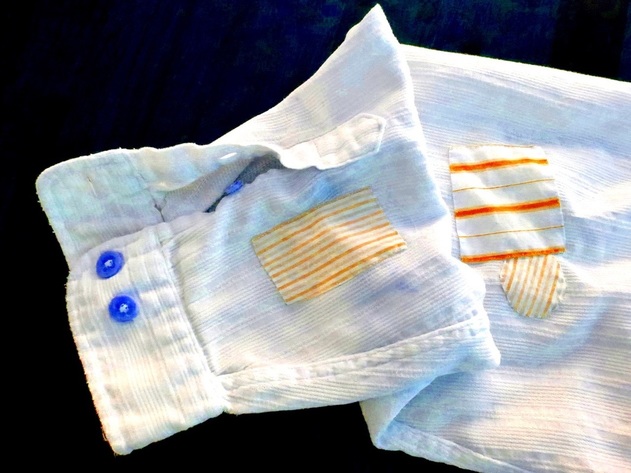
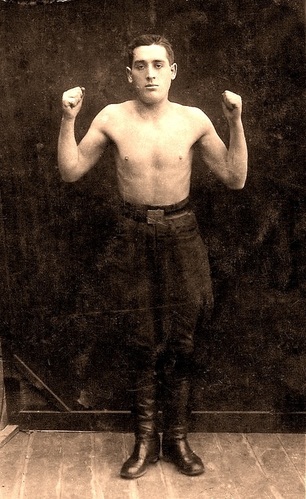
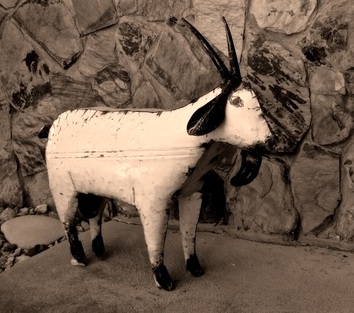
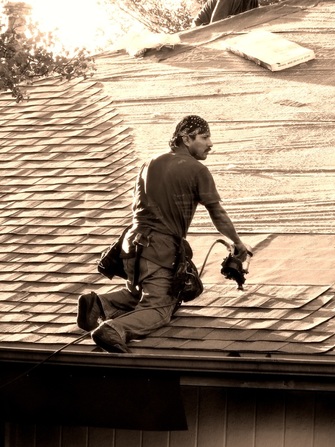
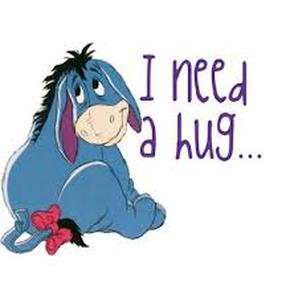
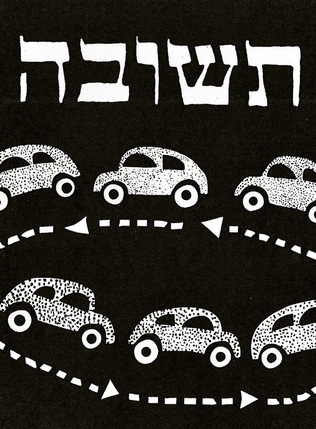
 RSS Feed
RSS Feed
